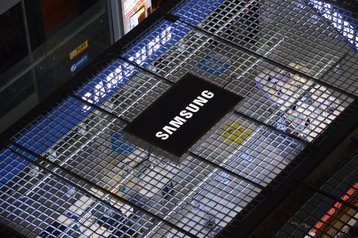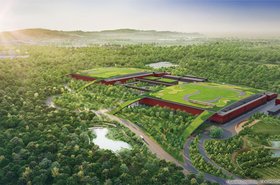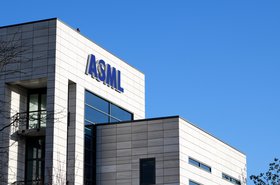Two months after it was first claimed that Samsung Electronics' latest high bandwidth memory (HBM) chips had failed tests run by Nvidia, they have now reportedly been cleared for use by the GPU giant.
Citing three people familiar with the situation, Reuters, which broke the original story, said the HBM3 chips have now passed the suitability tests necessary for inclusion in Nvidia’s AI processors.
It was claimed the chips had originally failed the examination after experiencing heat and power consumption problems.
However, despite passing the tests, Nvidia is reportedly only planning to use Samsung’s memory chips in its H20 GPUs, the less sophisticated version of its H100 processers which have been designed specifically for the Chinese market in compliance with US export controls.
The Reuters report said it was unclear if the HBM3 chips would eventually be cleared for inclusion in Nvidia’s other GPUs, or if additional tests would first need to be carried out. Samsung’s incoming fifth-generation HBM3E chips are also yet to meet Nvidia’s standards, Reuters reported, with tests for those chips still ongoing.
Neither company replied to Reuters’ request for comment but when the original report was published, Samsung said the claims were untrue.
Attracting Nvidia’s custom has supposedly become a top priority for Samsung in recent months. In May, it was reported that Samsung Foundry had implemented a new internal strategy, codenamed Nemo, requiring each department to prioritize orders from Nvidia over existing work.
Samsung had also been hoping to widen the gap between its main rival in the memory chip space, SK Hynix, which currently serves as the primary supplier of HBM for Nvidia GPUs.
Earlier this month, in guidance issued ahead of its formal Q2 2024 earnings report, Samsung said it expects to post better-than-expected profits for the quarter due to the growing demand for memory chips to support generative AI.




